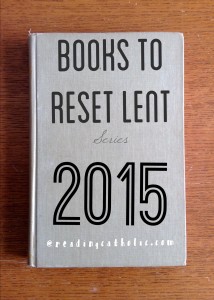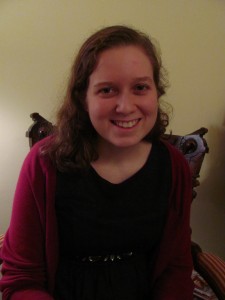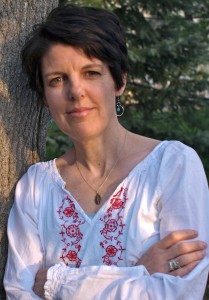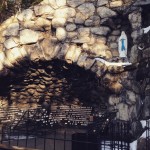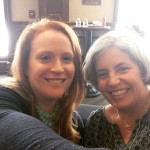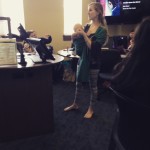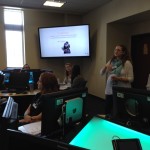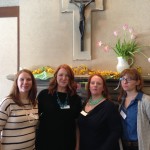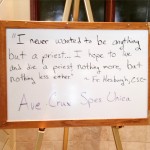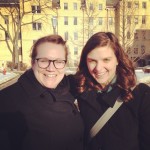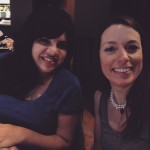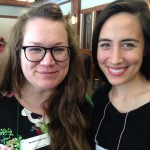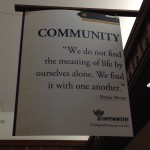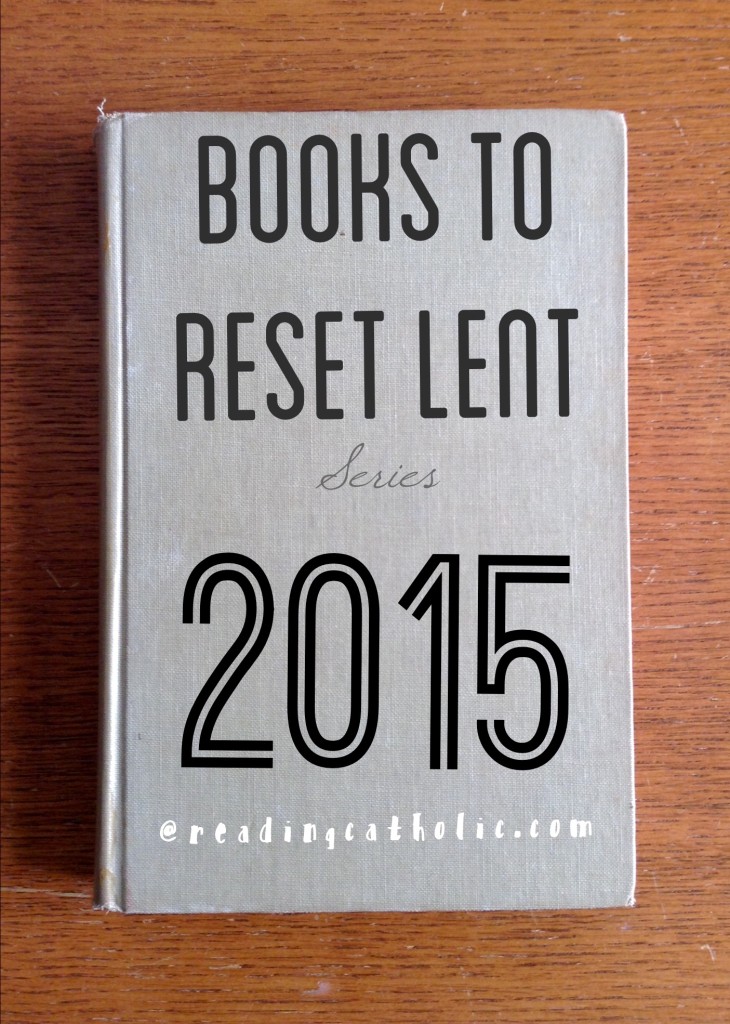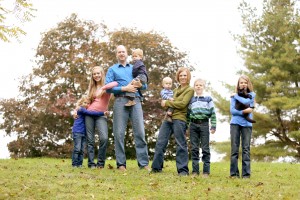Today’s guest post is from Linsdey Weishar, a longtime friend of Reading Catholic. Lindsey has been featured both in the “Meet a Reader” feature. She also wrote about Caryll Houselander for the 2014 Lent Book Series.
When it comes to Lent, the image of setting out on a journey is often tied closely to this season. Jesus journeyed into the desert for forty days of prayer, fasting, and uniting himself to God’s will. In contrast to the barren landscape in which he wandered, Jesus’ heart was given the strength to continue his journey even in the midst of heavy temptation.
Setting out on a journey is also the focal point of J.R.R. Tolkien’s The Fellowship of the Ring, a book that I’d heard about many times, but never actually sat down and read until this past January. What especially struck me in this story was not merely the journey itself, but the friendship and the continual nourishment of the virtue of hope that made the journey possible.
As he begins his journey to destroy the ring (a ring that has the power to destroy all that is good in Middle-Earth- men, elves, dwarves, hobbits, wizards), a hobbit named Frodo begins his journey with friends. And along the way, they are never without the help they need. I love Frodo’s conversation with one of the woodland elves who, early in the journey, have provided the hobbits with food and a safe place to rest. In speaking about the dangers on the road, Frodo asks Gildor, “But where shall I find courage?…That is what I chiefly need.” Gildor replies, “Courage is found in unlikely places. Be of good hope!”
And Frodo needs this encouragement, for there is much that could push him to despair. He is being pursued by the Black Riders, evil spirits that serve the dark lord, Sauron. They know he has the ring, and want to take it from him. There are other dangers along the road too—a strange forest where shifting trees hide the path, Barrow-wights that attack in the fogs along a particular moor, trolls that try to stop the company from completing their journey.
That friends are necessary to the journey is hit home so many times in this story. At the very beginning of the expedition, Frodo decides that he must make the journey alone—to keep his friends from danger—and prepares to depart in secret during the night. But his hobbit friends surprise him. They care so much about him that they’ve noticed his secrecy and already know most of what he’s keeping secret from them. Merry puts the devotion of their friendship into words:
It all depends on what you want…You can trust us to stick to you through thick and thin—to the bitter end. And you can trust us to keep any secret of yours—closer than you keep it yourself. But you cannot trust us to let you face trouble alone, and go off without a word. We are your friends, Frodo. Anyway: there it is….We are horribly afraid—but we are coming with you; or following you like hounds (150).
And as the group of hobbits advances further in their journey, they find themselves joined by more friends. Aragorn meets them at the edges of the hobbit-land and helps them reach the Elven land of Rivendell.
And from Rivendell emerges the fellowship of the ring—a group of nine who together will journey with Frodo to help him reach Mordor, the place where he must destroy the ring.
The beauty of this journey is revealed in the gifts each member of the fellowship has to offer. Aragorn knows the trails and a road; the elf, Legolas, is a skilled marksman; Gandalf the Grey (a wizard) has much wisdom. And Frodo is faithful in his commitment to destroying the ring, though its power is tempting.
As we approach the joys of Easter with the reality of the Lenten journey and Jesus’ passion and death still before us, may I remember that this journey is never mine alone. It is a journey being taken by every member of the Body of Christ. The journey may be painful, tiresome, seemingly endless. We may be feeling cold and hungry. Like Frodo, we may carry a burden. But to my emptiness, Jesus promises to bring his fullness.
There is a poem that appears in The Fellowship that also reads like a prayer. Gandalf sends it to Frodo as metaphorical food for the journey. May it nourish us too.
All that is gold does not glitter,
Not all those who wander are lost;
The old that is strong does not wither,
Deep roots are not reached by the frost.
From the ashes a fire shall be woken,
A light from the shadows shall spring;
Renewed shall be the blade that was broken,
The crownless again shall be king.
Linsdey Weishar is a recent graduate of the University of Illinois in English Literature, and is currently a teacher’s aide at a high school in Champaign. She is a member of St. Matthew Parish and has participated as a leader in the Peoria Diocese’s Totus Tuus Program for the past two summers. Writing poetry and reading are sources of inspiration for Lindsey, as they help her look at life in different ways.
